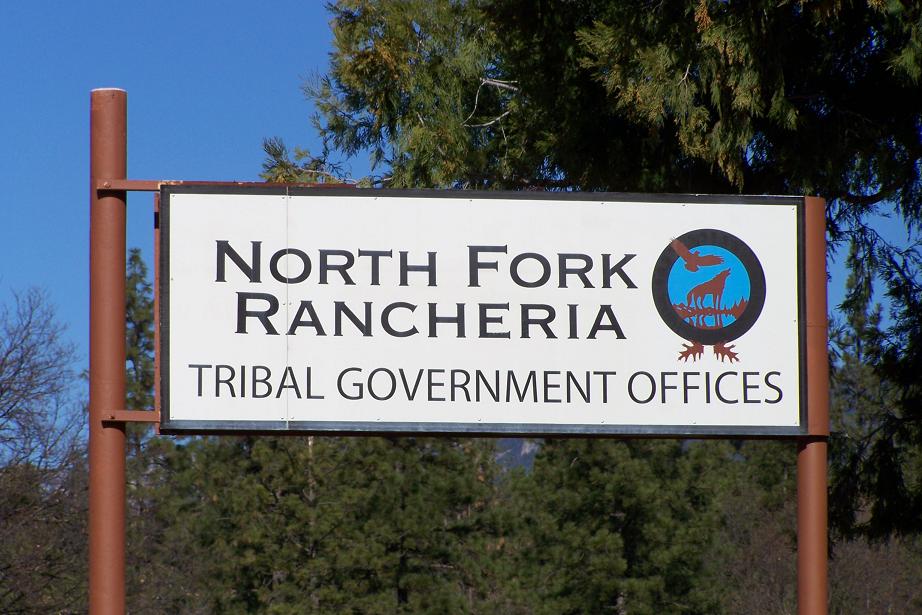Guest Column written by Richard Lehman –
“Reservation shopping” and “off reservation casinos” are clever phrases used by opponents to vilify efforts by the North Fork Rancheria of Mono Indians to acquire land for gaming purposes.
Yet, an extensive eight year review by United States Department of the Interior and the Bureau of Indian Affairs spanning two administrations, and an additional year long review by the Brown administration, came to one conclusion: The project should go forward.An historical perspective is essential to understanding the basis of these decisions.
When the Indian Gaming Regulatory Act (IGRA) was passed in 1988, Congress recognized that some tribes had been so unfairly disadvantaged by historical events that there should to be a process to permit them to acquire land for economic development.
The process Congress created was lengthy and difficult. An additional requirement that the state’s governor had to concur in an affirmative decision was included over tribal objections. Very few tribes have ever been able to successfully complete the process. Thus, the assertion that giving this project a green light opens the flood gates for “off reservation” gaming does not comport with history or with the facts.
The North Fork Mono history is well documented. They lived in the mountains and the valley. When gold was discovered in the 1850’s the Indians were in the way. A slaughter was averted by forcibly moving them to a reservation near the city of Madera. A treaty was signed but never ratified.
Then ranchers discovered they could irrigate farm land to grow crops on the valley floor. Once again the Indians were in the way, and were forced back to the foothills and rendered landless.
In 1916, the the federal government spent a few hundred dollars to purchase a small parcel of land for the “landless band of Mono Indians” to use as a refuge. The Tribe’s once sprawling land base was reduced to 80 acres on a hillside near North Fork.
Then, in the 1950’s, the United States summarily disbanded the North Fork Mono tribe and several others. A long legal battle ensued. The tribes ultimately prevailed. They were reinstated, and in some cases their lands were restored.
However, the North Fork Mono property was not restored to the Tribe. Instead it was placed in trust for one or two families who had stayed on the land during the diaspora. Thus, the North Fork Rancheria of Mono Indians, with 1950 members, has no legal jurisdiction over the property that bears its name.
This is precisely the kind of situation Congress sought to address in IGRA, and this is why the North Fork Mono have cleared every hurdle. Madera County participated in the selection of an appropriate site for the project, and the Interior Department verified the Tribe’s historic connection to the land.
In 2008, Governor Schwarzenegger announced that he and the Tribe had successfully negotiated a compact to allow gaming at the site. A lengthy environmental review was conducted pursuant to federal law.
In his concurrence, Governor Brown rightly referred to the “exceptional circumstances” of the Tribe and its project.
The Madera County Board of Supervisors, the Madera Chamber of Commerce, and the Madera County Economic Development Commission have all voted to support the project. The Tribe has signed agreements with the County, the City of Madera, and the Madera Irrigation District to mitigate impacts and improve services.
It is certainly fair to oppose Indian gaming. However, it is not right to condemn a decision arrived at through a rigorous and transparent legal process specifically designed to address longstanding injustices.
Richard Lehman, a former United States Congressman lives in North Fork. He is the Tribe’s representative at the State Capitol.




